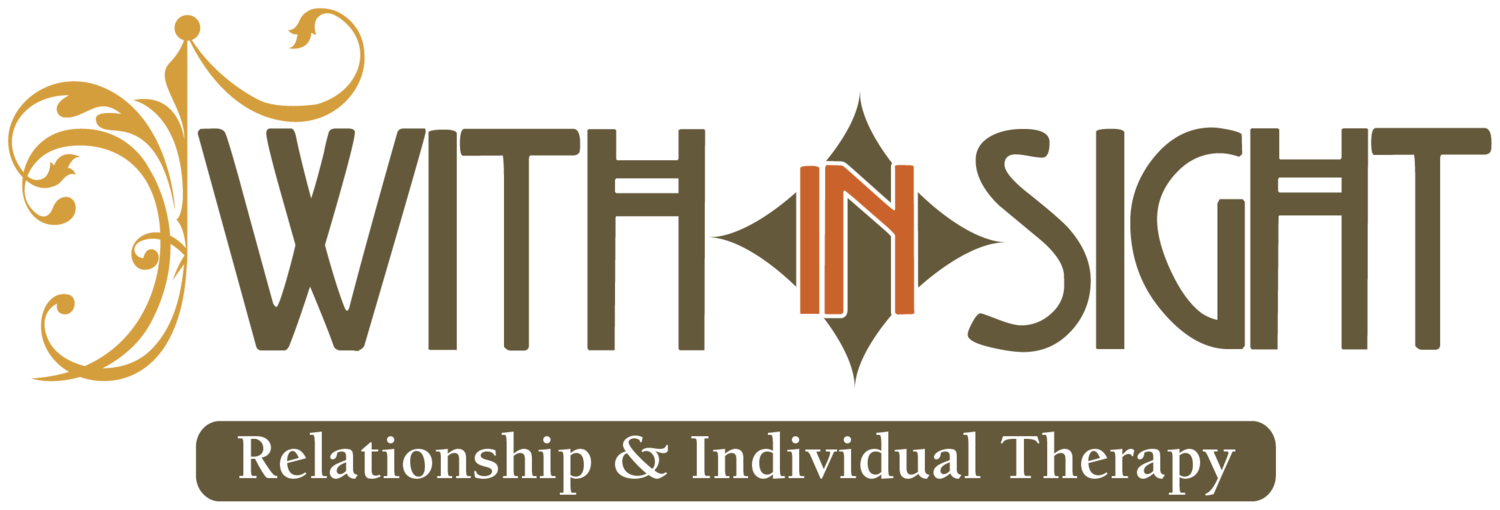Therapy can help resolve communication issues, anxiety, depression, and trauma.
We focus on therapy that heals relationships, and on therapy that heals the wounds we carry for so much of our lives. We offer couples therapy, individual therapy, and family therapy, including narrative therapy and EMDR.
While we treat many kinds of pain and distress, we most often focus on:
Couple Therapy
- Relationship Issues
- Communication and Resolution
- Marriage Counseling
- Partnership Counseling
- Parenting and Co-Parenting
Individual Therapy
- Anxiety
- Self-Esteem and Self-Worth
- Anger
- Body Image Issues
- Sexual Abuse
- Childhood Abuse and Neglect
- EMDR and Trauma
Couple Therapy
We are a committed couple, each with distinct and complementary styles, and we see couples together for perspective and balance. Each person in therapy can better feel seen and heard with both of us present, which in turn creates sessions that are more compassionate, and therapy that is more effective for couples.
We are also able to offer each person in a couple their own individual sessions. One of the advantages of working with couples is that, when one person wishes to pursue their own therapy, we begin from a place of rich understanding.
Individual Therapy
Individual therapy can help people heal and grow in new ways. Perhaps you would like to resolve old wounds or limitations that have held you back from having the life you wish you could live. Or perhaps during couple or family therapy, you may wish to have some therapy for yourself. Individual therapy can help.
To learn more about our respective specialties, read about us under Who We Are.
In addition to talk therapy, we also offer EMDR, which does not require any discussion in depth, which can be particularly useful with trauma and other profoundly personal issues. EMDR is an entirely different form of therapy which requires special training, and which has helped many people get past persistent negative emotions and returned them to the path of their life’s goals. For more about EMDR, see our EMDR page.
Therapeutic Modalities
There are many models of therapy, over 400 currently practiced as distinct, efficacious modes of therapy. If you have read around looking for who practices what, you may have noticed considerable diversity of styles and schools of therapy.
The truth is, they all work. In fact, broadly speaking, they all work about equally well.
The difference is not in the theory or model of therapy; the difference is in the relationship between the therapist and client. If you find that your relationship with your therapist does not feel right, therapy will probably go nowhere. The therapist, with your help, should work to fix that important relationship, or else you should try another therapist.
For this reason our list of rights begins with your right to a full refund of your money, if at any time you are dissatisfied with the session you have just had, after which we will work to refer you to somebody you are more comfortable with. We stand by our commitment to do good work with you, including helping you find someone better suited to you, if that is the best we can do.
The relationship between the therapist and client, like all relationships, must be tended to mindfully. Keeping it mindful and tended is the proper purpose of informed consent. The Informed Consent Form begins that process, but both therapist and client must work to keep it alive and well.
As for our specific therapeutic modalities, we have been trained in systems therapy, narrative therapy, and EMDR. Within systems therapy, we share the fundamental philosophy of Alfred Adler and Nathan Ackerman; we are humanistic and experiential, taking our inspiration from Virginia Satir and Carl Whitaker; structural, integrating techniques from Salvador Minuchin; compassionate, utilizing the methods of emotionally focused therapy from Sue Johnson and Leslie Greenberg; and collaborative, framing our work in the mode of openness and curiosity found in the writings of Harlene Anderson and Karl Tomm. Our exploration and development of systemic therapy has continued well past our degrees: We have worked for years with the founder of the Marriage and Family Therapy program at Edgewood College, Dr. Peter Fabian, creating a professional text to further the development of systems therapy.
Our use of narrative therapy derives directly from the work of Michael White and David Epston, with whom we have trained. We also hold certificates from the Dulwich Centre in narrative therapy, part of several hundred hours of work we completed as we learned its craft under the direct supervision of Michael White's most loyal devotees.
We have also trained in EMDR, which is unlike any of the above in its application. For more, please see our EMDR page.
